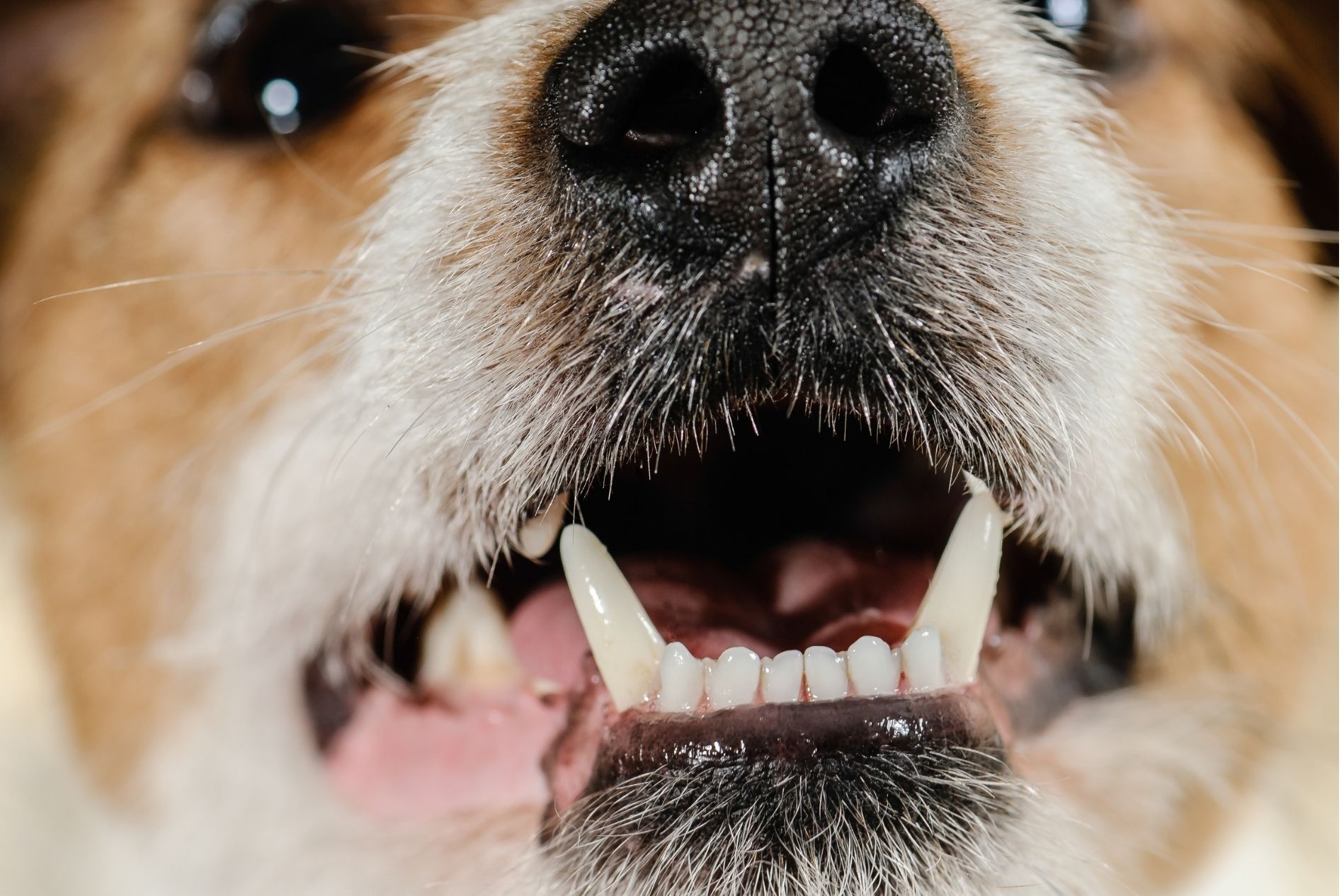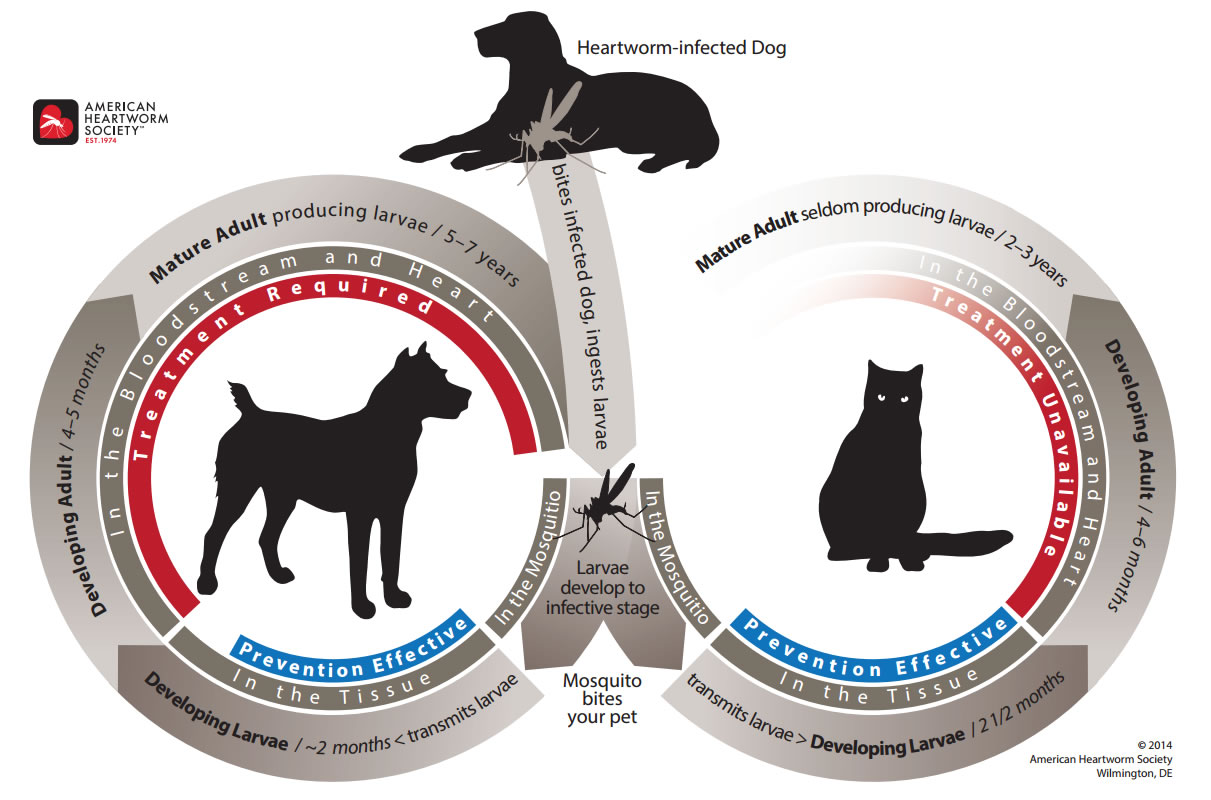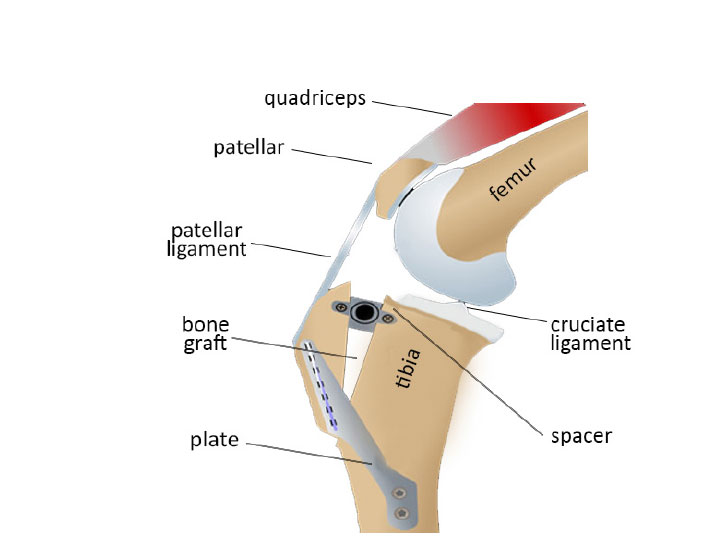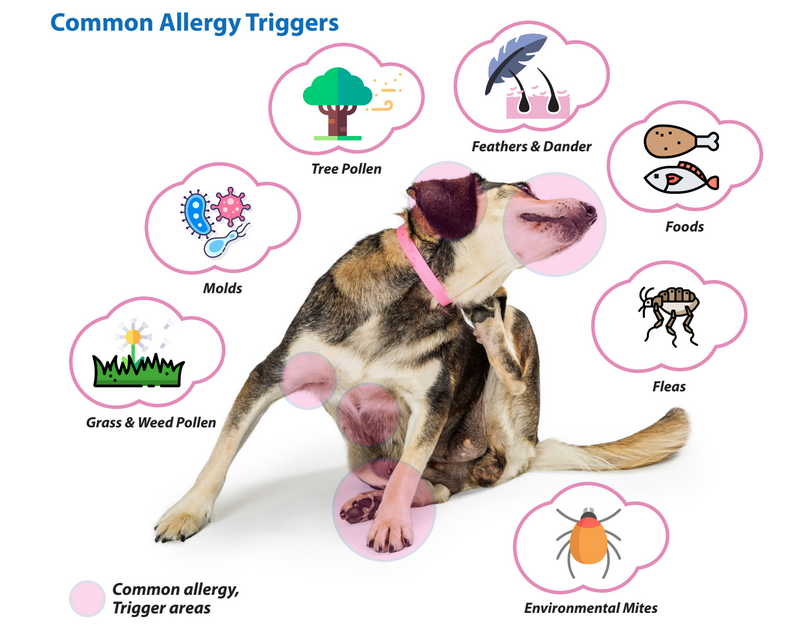
Is Your Pet’s Poop Normal? Why Gut Health Matters
Did you know that the gut actually serves as a second brain in the body? This is in addition to the following important benefits:
- Important nutrients like calcium and vitamin K are processed in the gut. These minerals are essential for bone and joint health. So, what does pet poop have to do with gut health? Poop is the end product of the digestive tract and can offer clues about your pet’s overall health. Learn all about abnormal pet poop below.
Watery Stool
Watery stool is caused by a number of issues and often comes on suddenly and violently. Watery stool is never normal and should be addressed right way. Most acute cases are from toxicities (e.g., topical or ingestion), stress colitis, and systemic viruses and disease. In puppies and kittens, watery stool can be a symptom of a viral infection (e.g., parvovirus in dogs) and should be addressed immediately. Watery stool causes severe dehydration and can be deadly for young or compromised pets.
Loose or Soft Stool
Loose or soft stool can occur at
random due to food intolerance or stress, but chronic loose or soft
stool is not normal and can worsen over time, causing discomfort,
malnutrition, and further gastrointestinal upset. Greasy, loose stool
might indicate pancreatic issues (acute pancreatitis) or maldigestion,
which occurs when enzymes that digest fat are not being adequately
produced in the body. Kittens and puppies with prolonged
episodes of soft stool need to see a vet. While it’s not uncommon for
young animals to have irregular poops, the sudden onset of bowel changes
might be viral in origin.
Hard Stool
Hard stool, straining, and slowed
intestinal mobility is known as constipation. Constipation causes great
discomfort in pets and might be coupled with vomiting and dehydration. Constipation is particularly
dangerous in cats. Cats are especially prone to developing impactions of
hair in the GI tract from grooming.
Large Quantities
Changes in the quantity of a pet’s poop can point to several things. An increase in volume can simply be due to lifestyle (e.g., accidental double-feeding). Alternatively, cats might withhold poop because of a dirty litter box or not enough litter boxes, and then pass a large bowel movement. Pets can also become stressed due to changes in the household or might refuse to potty because something startled them in their environment.
Abnormal Color
The color of your cat or dog’s poop reveals a lot about what is going on internally.
If your pet is suffering from any of the aforementioned gut problems, talk to your vet right away. Many issues can be diagnosed and resolved with adequate veterinary care.
Source: https://petdesk.com/blog/is-your-pets-poop-normal-why-gut-health-matters/




